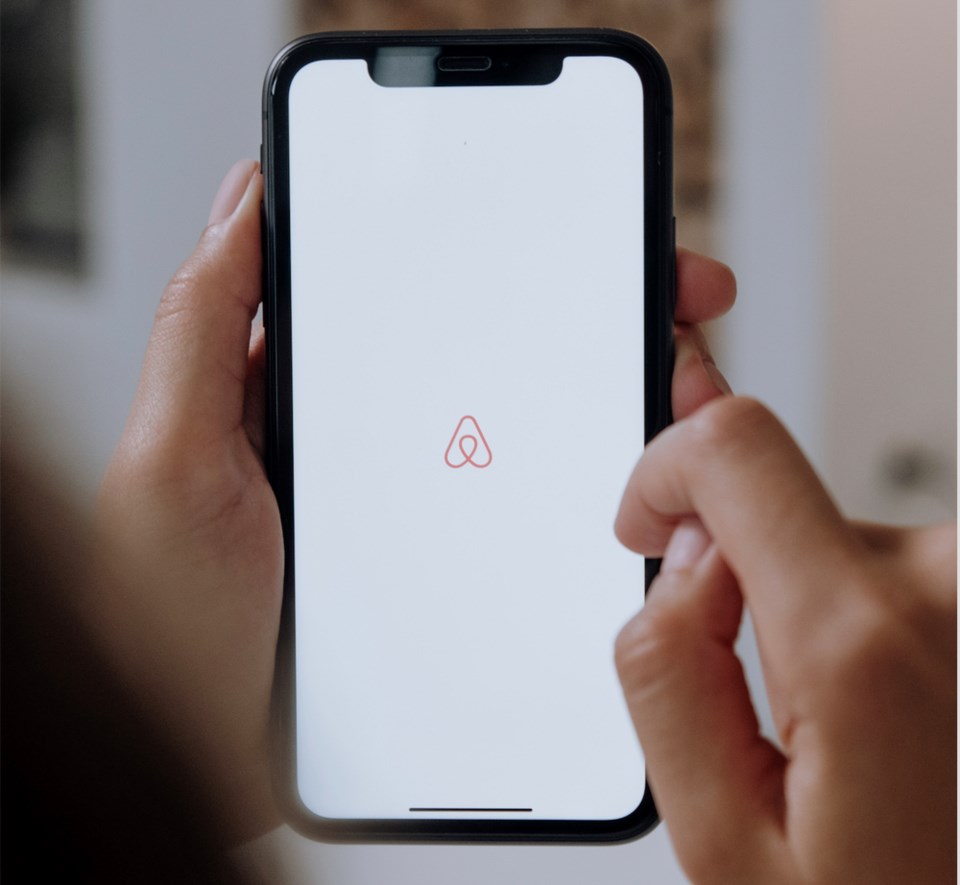A Coquitlam family is warning other British Columbians to be wary of booking with Airbnb after the company held on to its booking fee despite cancelling ahead of time.
Usually, Don Espinosa would spend Christmas in Ontario with his parents. But this year, he chose to forgo air travel because of the pandemic.
In October, he instead booked a Christmas vacation with his wife and two children at a cabin in Jasper.
Planned before the second wave of COVID-19 had hit, Espinosa thought the trip could be safely made but knew there was a risk.
“We understood part of the booking meant we’d lose the first payment if something happened,” he said.
According to a receipt seen by the Tri-City News, Espinosa paid just under $600 as the first payment in a five-night stay billed at a total of nearly $1,100.
But as cases began climbing again, first in Alberta and then in B.C., Espinosa contacted the owner, checking to see if it would be possible to cancel. She confirmed she would refund the first payment if she could find someone to fill the dates, said Espinosa.
“I’m sympathetic to people trying to make a living on the side,” said Espinosa. “She said, ‘I rely on that money.’ She’s had a lot of other bookings cancelled.”
But then provincial health officer Dr. Bonnie Henry urged essential travel only, and the family decided to cancel the trip weeks in advance.
When Espinosa looked closer at the bill, he was surprised to see the entire $134 service fee to Airbnb had been charged in the initial payment — with no refund for cancellation. Multiple attempts to reach and explain the situation to someone at Airbnb ultimately led nowhere.
“It makes no sense for them to keep that money because we did not continue with the booking,” he said. “There was no service rendered.”
In an email to the Tri-City News, a spokesperson from Airbnb said its policy has been clear since the start of the pandemic and that the majority of hosts have “flexible or moderate cancellation policies.”
“After the declaration of a global pandemic by the World Health Organization on March 11, 2020, COVID-19 and its consequences were no longer unexpected, including the risk of continued or new travel and movement restrictions,” wrote Airbnb spokesperson Charlie Urbancic.
Any reservations booked after March 14 come with an alert to travellers stating that the “extenuating circumstances” policy, which allowed people to cancel bookings early in the pandemic, no longer applies “for COVID related circumstances other than actual sickness.”
Airbnb went public on Dec. 10, and since then its stock shares had ticked up to over $156 per share by Friday, valuing it well over $100 billion.
That’s a long way from the start of the pandemic, when the San Francisco-based company cut a quarter of its workforce and issued over $1 billion in refunds under its extenuating circumstances policy, according to S-1 regulatory filing submitted in November.
But with that policy now closed to anyone not sick with COVID-19, Espinosa said the company has put all the risk into the hands of guests, something recently echoed by hospitality trade associations as far away as the United Kingdom.
That stands in stark contrast to many hotels, which remain flexible with cancellations, added Espinosa.
“We’ve spent over $10,000 over the years,” he said. “All we want is the service fee back.
“It’s left a bad taste in our mouth.”
Espinosa’s warning to other British Columbians looking to travel between now and when the world reaches herd immunity: “Don’t book anything, because you have no idea what’s going to happen.”



